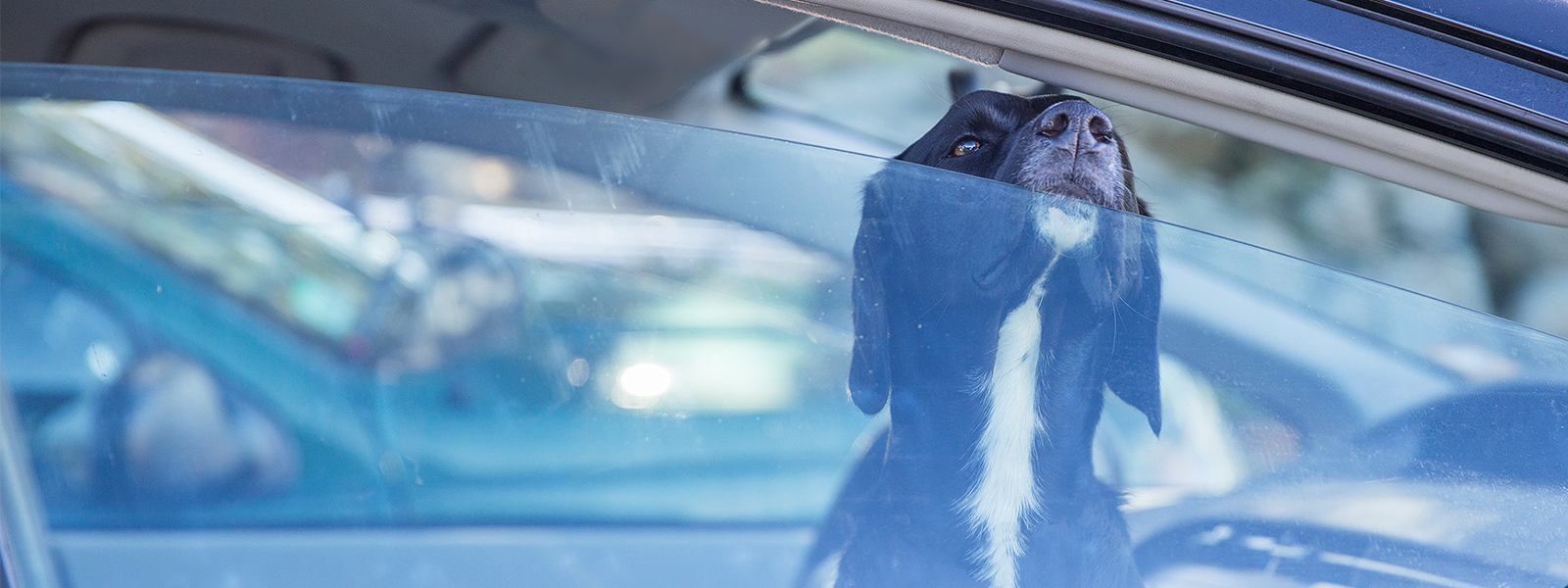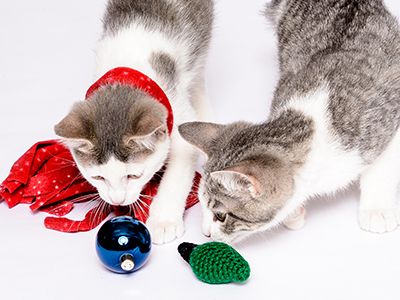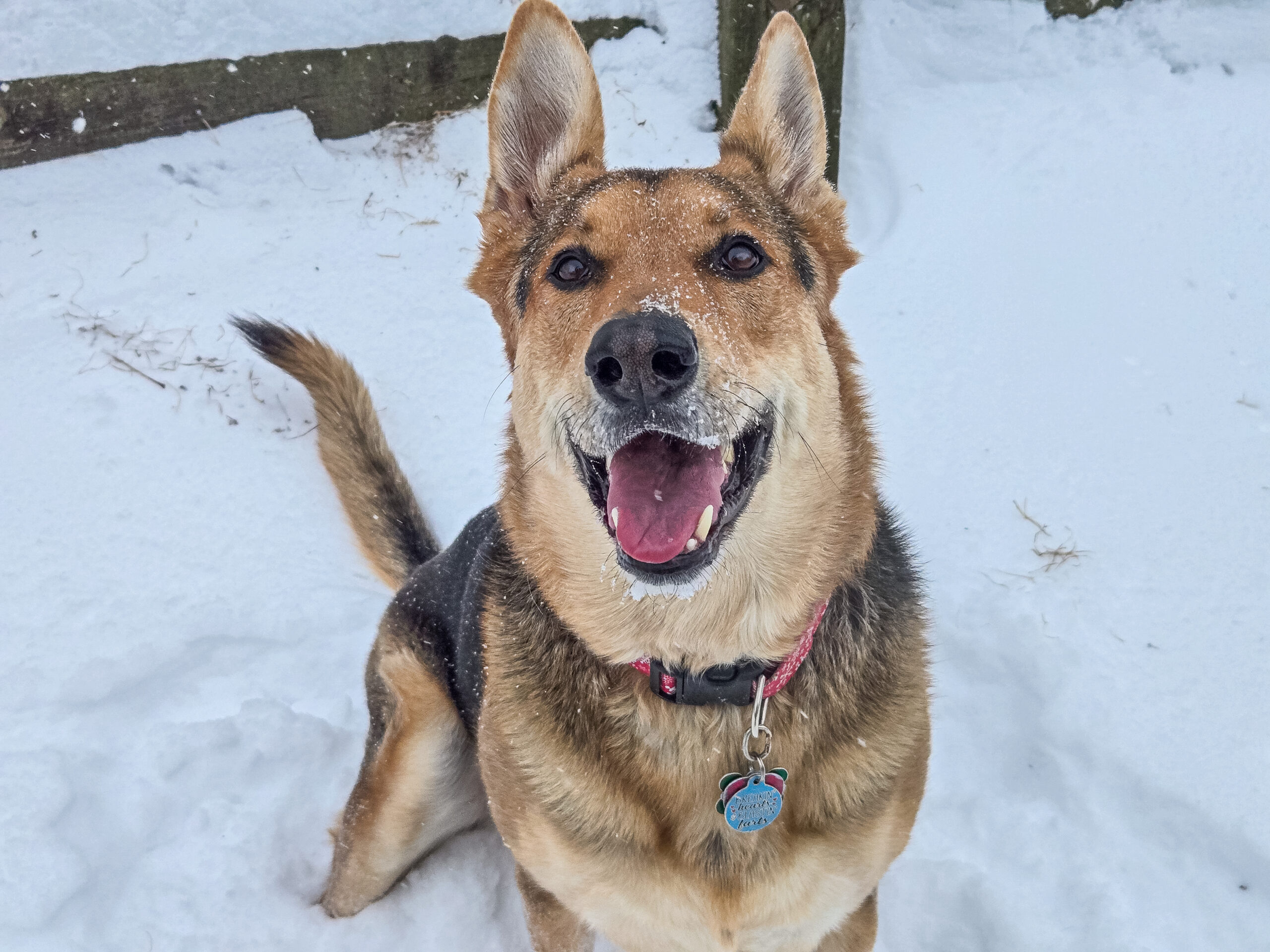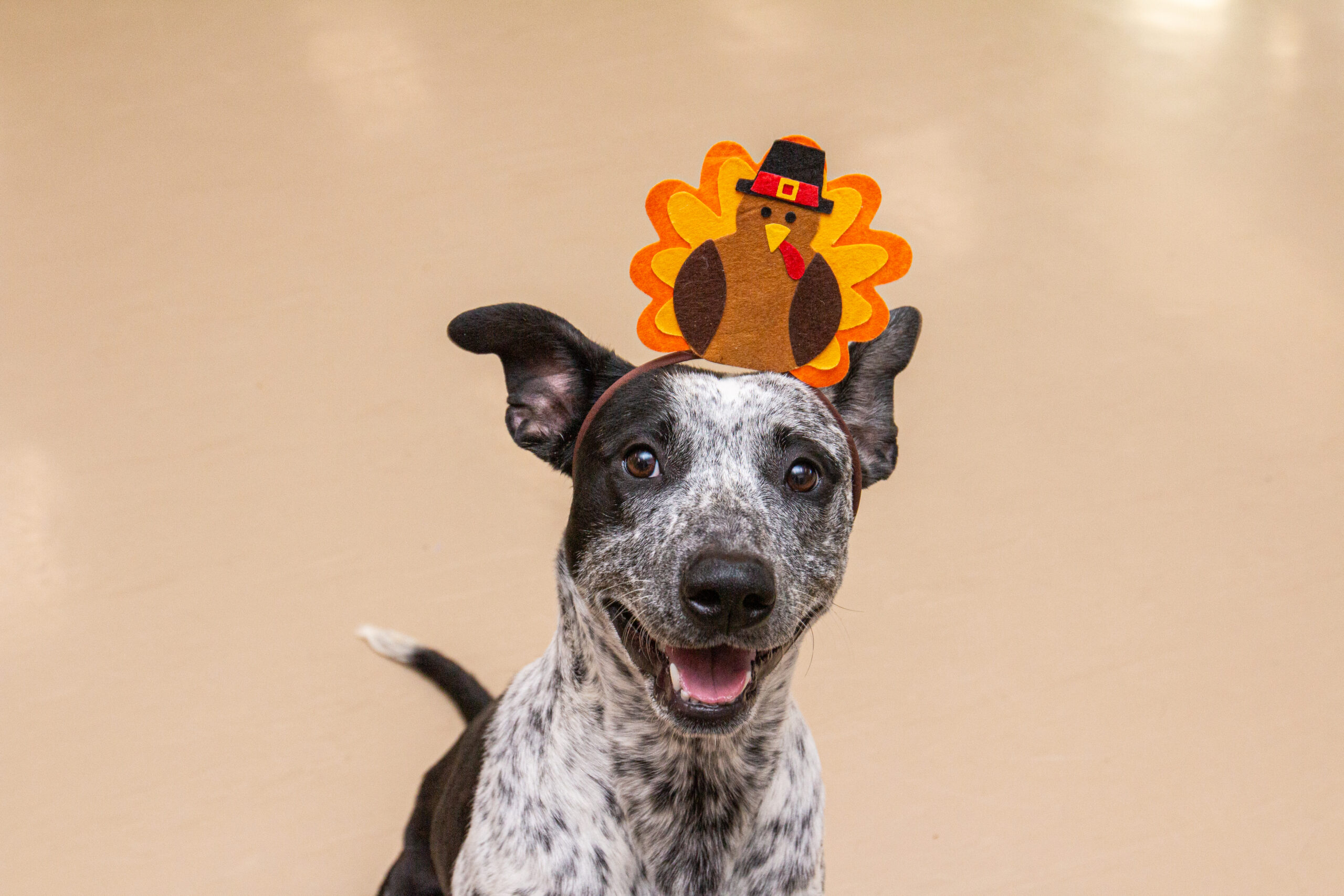
Every summer, hundreds of cats and dogs die needlessly due to their owners not taking the proper precautions regarding the extreme heat. Follow these simple tips to ensure your beloved pet enjoys – and survives – the warmest time of the year.
ARL Main is a Pet-Friendly Cooling Station: Anyone who needs relief from the heat with their pets can come to ARL Main (5452 NE 22nd St., Des Moines) during normal adoption hours (weekdays 12-7 p.m., weekends 10 a.m.-6 p.m.).
If it’s above 70° F, leave your pet at home!
Temperatures inside cars can reach fatal levels within minutes. Even with the windows cracked, the interior of a car can quickly reach 99° F or hotter when it’s only 80° F outside.
If you see a pet (or child) alone in a car, call it in. Your call could save a life.
Within Des Moines: Call Des Moines Police Dispatch (515) 283-4811
Outside of Des Moines: Call your local law enforcement number
Limit time spent outdoors
On days when it’s very hot out, limit your pets’ outside time to potty breaks only. The ARL strongly recommends that outdoor pets be brought indoors to a cool area during these extreme temps.
Dogs must have access to adequate shelter (properly insulated), food, water, and veterinary care, but in extreme temps, additional accommodations may be necessary to prevent a pet from being in distress. On cooler days, your pet can be outside more often, but be sure they have access to fresh water and shade at all times.
Take steps to prevent sunburn
Preventing sunburn to ear tips, bridge of nose, around the eyes and abdomen are all sensitive areas on a dogs skin. Keep dogs out of direct sunlight and/or consider using sunscreen for dogs. This also helps prevent other heat related problems.
Ensure access to fresh, cool water
Water saves lives. If there are community/feral cats or wildlife in your neighborhood, set out a bowl of fresh, cool water for them as well. Many bodies of water in Iowa are not safe for animals to drink. This is especially true during summer when blue-green algae is present.
Always supervise animals around water
Not all dogs are good swimmers. Take preventative measures to ensure your dog’s swimming safely by supervising your pet at all times and consider using a life jacket for your dog.
Avoid hot cement or asphalt
Make sure to walk your dog during the coolest parts of the day (early morning and late evening) — and don’t overdo it. It’s much easier to overheat in high temperatures.
Also, be sure to feel the cement with the back of your hand before walking your dog on it. If you can’t keep your hand pressed to the cement for five seconds, it’s too hot for your pet’s feet and can cause burns and blistering.
Be aware some pets are more sensitive to heat
Brachycephalic (short nosed) dogs and cats are especially susceptible to heat related problems. Domestic rabbits can also struggle to maintain their body temperatures especially when left outdoors in enclosed cages.
Update microchip information
Permanent ID (microchip) with current owner information and an emergency backup contact can save a pet’s life should he/she become lost, injured, or be found in distress during extreme weather.
Keep auto coolant out of reach
This is something that should be done year-round, but summertime is when coolant puddles are more likely. Do not let your dog or any other animal ingest auto coolant. It’s poisonous!
Ask before you shave your dog’s coat
Always consult with your groomer before clipping or shaving your dog’s coat. Even though your pet may look hot, their coat actually protects them from getting sunburned. Brushing your pet regularly can help get rid of any loose hairs and allow for better air circulation.




